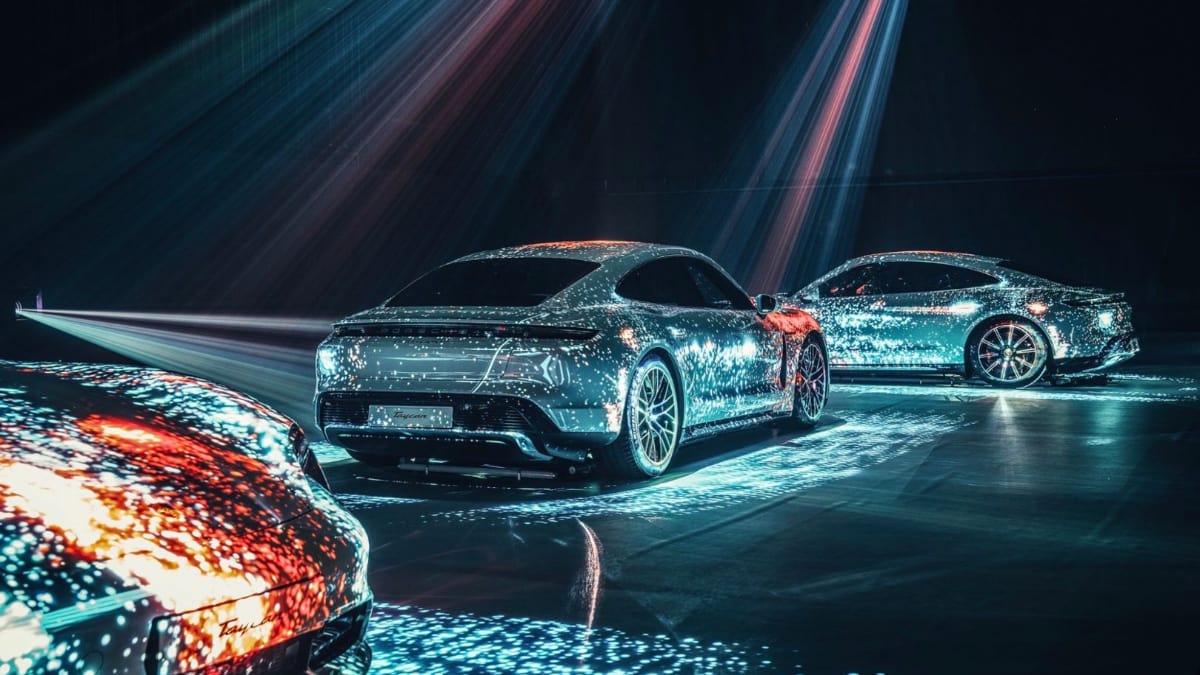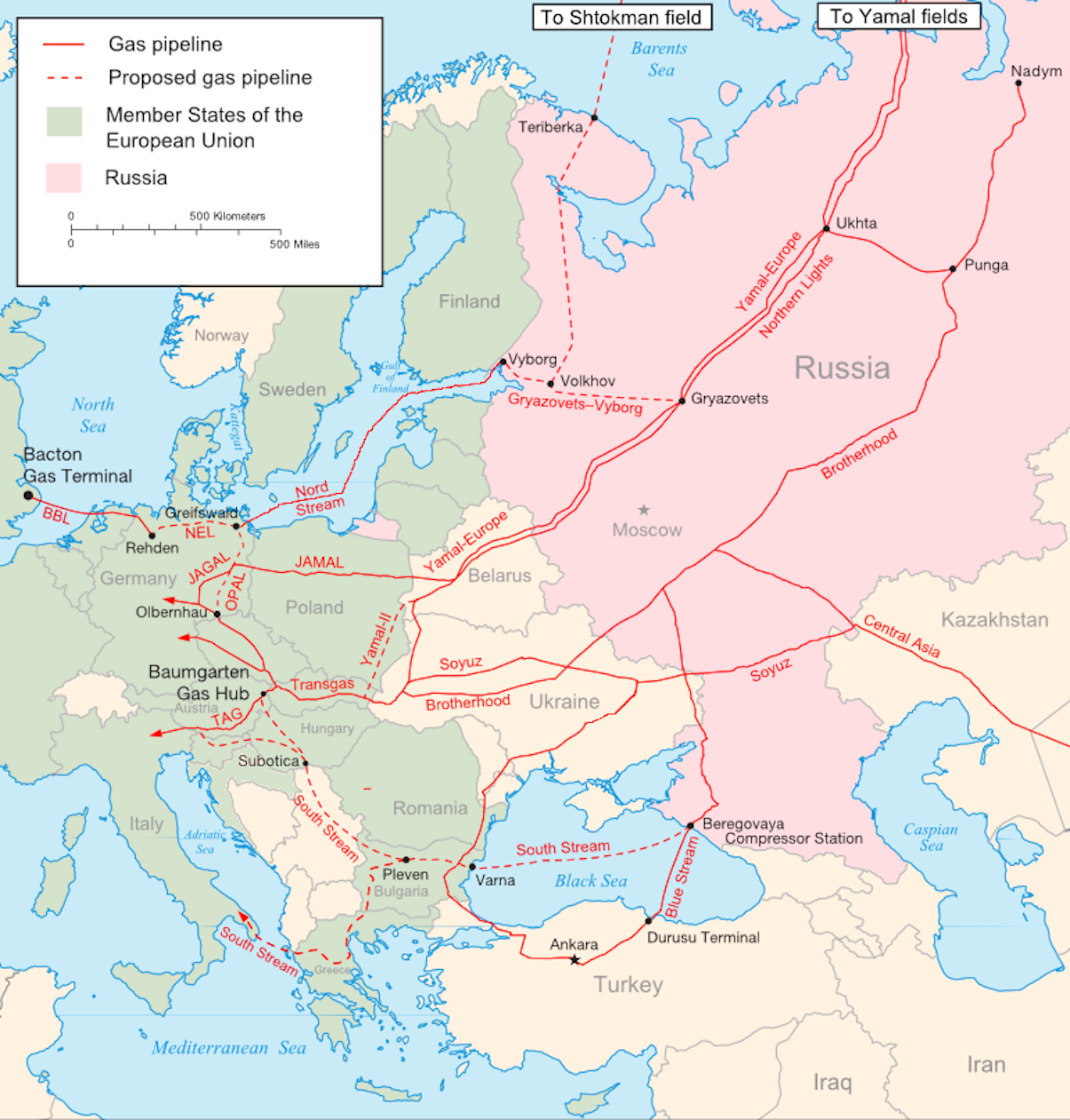BMW, Porsche, And The Shifting Sands Of The Chinese Automotive Market

Table of Contents
The Rise of Domestic Competitors
The Chinese automotive market is experiencing a remarkable surge in domestic brands, challenging the dominance of established international players like BMW and Porsche. These domestic automakers are no longer simply producing budget-friendly vehicles; they're rapidly increasing their sophistication and competitiveness across the board, particularly in the luxury segment.
-
Increased investment in R&D and technology: Chinese automakers are pouring significant resources into research and development, focusing on advanced technologies like electric vehicle (EV) powertrains, autonomous driving systems, and connected car features. This investment is fueled by both private capital and substantial government support.
-
Development of competitive electric vehicles (EVs): The Chinese EV market is booming, with domestic brands leading the charge. They're producing EVs with competitive ranges, appealing designs, and innovative features, often at more affordable price points than their international counterparts.
-
Strong government support and subsidies: The Chinese government actively promotes the growth of its domestic auto industry through various initiatives, including generous subsidies for EV purchases and manufacturing, as well as favorable policies regarding research and development.
-
Focus on advanced features and appealing designs tailored to the Chinese consumer: Chinese automakers are adept at understanding and catering to the preferences of the local market. This includes incorporating features and designs specifically appealing to Chinese consumers, leading to greater market penetration.
Companies like Nio, Xpeng, and BYD are prime examples of successful Chinese brands directly competing with BMW and Porsche in the luxury EV segment. Their rapid growth and technological advancements are forcing established players to adapt and innovate to remain competitive.
Changing Consumer Preferences in China
Consumer preferences in China are evolving at a rapid pace, presenting both opportunities and threats to luxury car brands. The market is undergoing a significant shift, demanding more than just a prestigious badge.
-
Electric vehicles (EVs) and hybrid vehicles: Chinese consumers are increasingly embracing EVs and hybrids, driven by environmental concerns, government incentives, and the technological appeal of these vehicles. This presents a challenge for traditional combustion engine manufacturers like BMW and Porsche.
-
Technological advancements (autonomous driving, connectivity): Chinese consumers value cutting-edge technology, demanding advanced driver-assistance systems (ADAS), autonomous driving features, and seamless connectivity within their vehicles.
-
Emphasis on brand image and social status, but with increasing price sensitivity: While brand image remains important, Chinese consumers are becoming more discerning about pricing and value. They are increasingly evaluating the overall package, seeking the best combination of luxury, technology, and price.
-
Growing preference for domestic brands showcasing national pride: A growing sense of national pride is contributing to the increased popularity of domestic brands. Many Chinese consumers see purchasing a domestic car as a way to support their country's burgeoning automotive industry.
These shifting preferences compel BMW and Porsche to strategically adapt their product offerings, marketing strategies, and pricing models to remain attractive to Chinese consumers.
Navigating Government Regulations and Policies
The Chinese government plays a significant role in shaping the automotive landscape, influencing both opportunities and challenges for companies like BMW and Porsche. Navigating these regulations is crucial for long-term success.
-
Emission standards and environmental regulations: China is implementing increasingly stringent emission standards, pushing automakers to accelerate the development and adoption of electric and hybrid vehicles.
-
Incentives for electric vehicle adoption: Substantial government subsidies and tax breaks for EV purchases are driving up demand, but also creating a competitive landscape.
-
Import tariffs and other trade policies: Import tariffs and other trade policies can significantly impact the profitability of imported vehicles, encouraging local production and partnerships.
-
Regulations on data privacy and cybersecurity: Stringent regulations regarding data privacy and cybersecurity are impacting how automakers collect, store, and utilize vehicle data in China.
These regulations directly influence BMW and Porsche's operational costs, investment strategies, and overall profitability in the Chinese market.
BMW and Porsche's Strategic Responses
To maintain their competitiveness, BMW and Porsche are actively adapting their strategies to the changing dynamics of the Chinese automotive market.
-
Investment in local production and R&D facilities: Both brands are heavily investing in local manufacturing facilities and research and development centers in China to reduce costs, tailor products to local needs, and better respond to market demands.
-
Development and launch of electric and hybrid models tailored to the Chinese market: They're rapidly expanding their portfolios of EVs and hybrids specifically designed and engineered for the Chinese market, often featuring advanced technology and features that appeal to local consumers.
-
Targeted marketing campaigns focusing on specific consumer segments: BMW and Porsche are employing sophisticated marketing strategies, targeting specific consumer demographics with tailored messaging and campaigns that highlight the unique aspects of their vehicles.
-
Partnerships with local companies and suppliers: Collaborations with Chinese companies and suppliers facilitate local production, improve understanding of the market, and contribute to supply chain optimization.
The long-term success of BMW and Porsche in China depends heavily on the continued effectiveness and adaptation of these strategies in a rapidly evolving landscape.
Conclusion
The Chinese automotive market is dynamic and fiercely competitive. BMW and Porsche, despite their established reputations, face significant challenges from rising domestic competitors and shifting consumer preferences. Their success hinges on their ability to adapt to the changing landscape through strategic investments, innovative product offerings, and a deep understanding of the Chinese consumer. The future of luxury car sales in China will be shaped by their capacity to innovate and meet the evolving demands of this crucial market. To stay informed about the future of BMW, Porsche, and the evolving dynamics of the Chinese automotive market, continue to follow our analysis and insights. We'll keep you updated on the latest developments in this crucial market.

Featured Posts
-
 The Bold And The Beautiful Wednesday April 9th Full Episode Recap Steffy Finn And Liam
Apr 24, 2025
The Bold And The Beautiful Wednesday April 9th Full Episode Recap Steffy Finn And Liam
Apr 24, 2025 -
 Legal Battles Hamper Trumps Immigration Crackdown
Apr 24, 2025
Legal Battles Hamper Trumps Immigration Crackdown
Apr 24, 2025 -
 Ella Travolta Od Djevojcice Do Prekrasne Mlade Zene
Apr 24, 2025
Ella Travolta Od Djevojcice Do Prekrasne Mlade Zene
Apr 24, 2025 -
 Spot Market Strategies Eu Debates Russian Natural Gas Ban
Apr 24, 2025
Spot Market Strategies Eu Debates Russian Natural Gas Ban
Apr 24, 2025 -
 Canadas Fiscal Health How Responsible Spending Can Secure Our Future
Apr 24, 2025
Canadas Fiscal Health How Responsible Spending Can Secure Our Future
Apr 24, 2025
